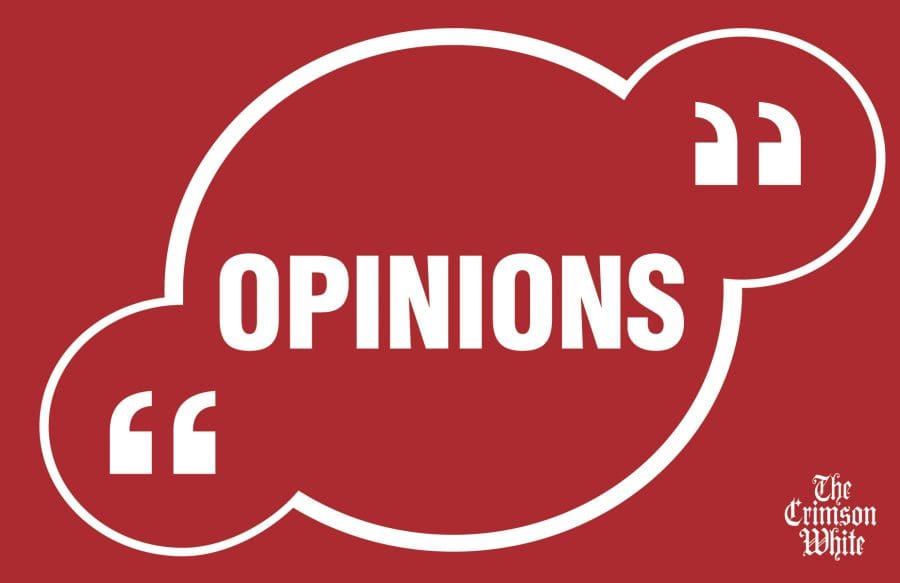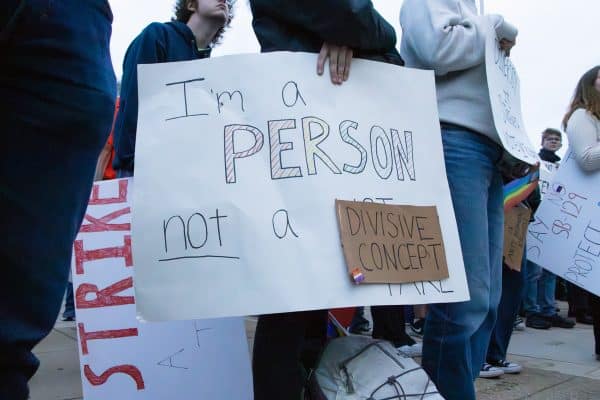Opinion | Healthcare should be for all
Healthcare, drinking water: two things that ought to be free and available to all.
April 11, 2021
All over this country, people are talking about healthcare. Universal healthcare is no longer just a topic for congressmen and think tank suits to debate. People are mostly divided up along typical party lines—red or blue is a big clue to how a stranger on the street feels about whether healthcare is a human right.
I for one believe healthcare should be accessible and available to all humans. I have an almost nonexistent chance to convince you if you think otherwise, but I will try.
The endless wrestling match sometimes referred to as the American political system has plenty of popular topics. Medicaid expansion is near the top of the list. Medicaid is the state and federal program that gives people healthcare who can’t afford it. Since the landmark 2010 Affordable Care Act, 38 states (plus D.C.) have expanded Medicaid. Alabama is one of the 12 holdout states to not expand.
With money now infused from the American Rescue Plan, a $1.9 trillion whopper, some of the holdout states are considering expanding Medicaid. That handful of holdouts includes Alabama. According to a news report by Modern Healthcare, it’s estimated that 300,000 people would be enrolled into an expanded Alabama Medicaid.
Right now, Alabama Medicaid has some of the lowest coverage in the country, despite there being support from Republicans to expand Medicaid. Alabama Medicaid covers pregnant women, disabled adults, low-income children and the elderly. If you’re a non-disabled adult, you don’t qualify.
Studies and reports have been conducted on how expansion of Medicaid improves the health of populations. It improves health outcomes. It improves access, lessens financial strain on the poor and improves the health of communities.
I don’t knowingly know any of those 300,000 people who would benefit. I am a sequestered graduate student at a major university. I have been in Alabama for a few years and will remain here for a few more, but while I am resident here, I would like to know that Alabama citizens can access healthcare. I would like to know that all citizens in the U.S. can access this right. Good health means mobility and ability. It makes a person more productive; it makes families stronger; it makes communities livelier. Why not give medicine and care to those who need them? Why not release that anxiety from so many adults?
But many with a conservative mindset find it unbelievable that the government could be trusted to ethically administer a massive healthcare system. Even with incentives from the American Rescue Plan, these people are concerned with how billions of hard-earned tax dollars would be used.
You don’t want to create socialized medicine. You don’t want to create a dependent society with dependent citizens being given healthcare instead of earning it. Troy McKeown, a state senator from Wyoming, recently summed up this feeling at a debate: “We don’t want to make people go to work, we just want to give them healthcare,” he said sarcastically.
Evidence, studies, individual testimony, projections, the embarrassing healthcare situation in America, charts, rhetorical hijinx—maybe nothing will convince you that everyone deserves healthcare. Hence the holdhout. Hence the refusal to get even bigger and support a Medicaid For All bill that will rumble through Congress eventually. It’s only impossible because of that ideological place in your mind. Because once a benefit is given, it’s harder to take away, as the resilience of the Affordable Care Act has shown. It’s more about power, I believe. To expand something like Medicaid is to give into Democratic power.
Wyoming, another holdout state, recently could not get past its ideological strongholds. It passed Medicaid expansion in its house, but failed to do so in the senate after a three-hour debate. The remaining 12 holdout states are rooted in ideological opposition. They want to give nothing to Democrats, and that reticence keeps them from fixing the problem. As time goes on, though, and states evolve, one health reporter on Kaiser Health podcast said of the future of the holdout states: “The fewer we get down to, the harder it is going to be.”
As we begin to emerge from a pandemic, it’s also worth considering the big expansion: Medicare for all. A well-cited study done in 2020 suggests a single-payer system would save money and, more importantly, save lives.











